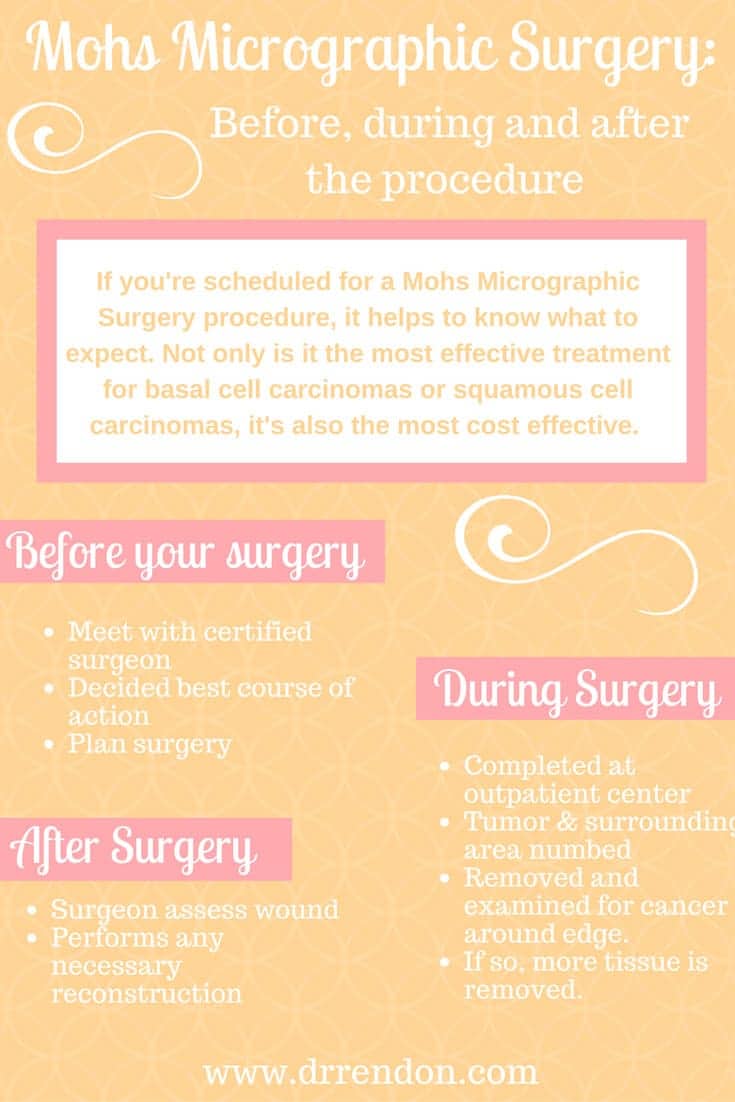Myths And Truths About Acne: Debunking Common Misconceptions
Myths And Truths About Acne: Debunking Common Misconceptions
Blog Article
Composed By-Webb Trolle
You may assume that enjoying chocolate or oily foods is the root cause of your acne, but that's simply among lots of myths swirling around this typical skin problem. As a matter of fact, acne largely originates from clogged hair follicles, not your last dessert. Misconceptions like these can lead you to adopt inadequate skin care techniques that might also worsen your scenario. As you browse the realities behind acne, you'll discover insights that could change your approach to skincare and help you accomplish more clear skin. So, what actually exists beneath the surface area?
Common Myths Concerning Acne
When it concerns acne, many people believe in common misconceptions that can lead to complication and disappointment. One widespread misconception is that eating delicious chocolate or greasy foods causes acne. While diet regimen can affect skin health, the straight link in between specific foods and acne isn't as precise as lots of think.
One more common false impression is that you should scrub your face intensely to clean up breakouts. Actually, hostile rubbing can aggravate your skin and intensify acne.
You could likewise believe that acne only affects teens, but adults can experience it also, often as a result of hormonal changes or anxiety. Some people believe that sun tanning can improve acne, yet sunlight exposure can in fact lead to skin damage and worsen outbreaks in the future.
Finally, many think that making use of severe products will certainly get rid of acne quickly. Nonetheless, these items can remove your skin of its natural oils, leading to increased irritability and more outbreaks.
Scientific Details Behind Acne
Comprehending the clinical truths behind acne can encourage you to tackle this common skin disease more effectively.
Acne takes place when hair follicles end up being clogged with oil, dead skin cells, and bacteria. This process commonly begins with an overproduction of sebum, the oil your skin normally creates. Hormonal adjustments, specifically throughout the age of puberty or menstruation, can cause this excess oil.
Bacteria called Propionibacterium acnes grow in these blocked pores, leading to swelling. When your immune system responds, it can create soreness and swelling, resulting in those bothersome pimples or cysts.
Genes likewise play a role; if your parents had acne, you may be more vulnerable to it.
Diet regimen and stress levels can affect acne as well, however study is still developing in these locations. While indulging in greasy foods will not directly create outbreaks, a balanced diet can sustain your skin wellness.
Also, handling anxiety can lower hormonal changes that might intensify acne.
Tips for Taking Care Of Acne
Handling acne properly needs a mix of everyday skincare practices and lifestyle adjustments. Start by establishing a consistent skincare regimen. Clean vivace microneedling with a mild, non-comedogenic cleanser to get rid of dirt and excess oil. Avoid scrubbing https://wtop.com/news/2019/10/your-guide-to-plastic-surgery-financing/ , as this can irritate your skin and get worse acne.
Next off, integrate items having salicylic acid or benzoyl peroxide to aid prevent outbreaks. Always follow up with a lightweight, oil-free cream to maintain your skin hydrated. Do not forget sun block; choose non-comedogenic options to safeguard your skin from UV damage without blocking pores.
https://edwinrzffc.blogdal.com/32637590/transform-your-skin-proven-acne-therapy-methods-that-work-wonders , take note of your diet. Restriction sugary and greasy foods, and focus on fruits, veggies, and entire grains. Staying hydrated is important, so beverage a lot of water throughout the day.
In addition, take care of stress and anxiety via tasks like yoga, meditation, or workout, as stress can set off breakouts.
Last but not least, prevent picking or standing out acnes. This can bring about scarring and more swelling. If your acne lingers, speak with a skin doctor for tailored treatment alternatives.
Conclusion
To conclude, it's important to separate truth from fiction when it comes to acne. By exposing common myths, you can much better understand your skin and make notified options for your skin care routine. So, why continue to rely on outdated concepts when the reality can encourage you? Accept much healthier practices, concentrate on gentle cleansing, and keep in mind that managing acne is a trip. With the ideal expertise, you're one step more detailed to clearer, healthier skin.
